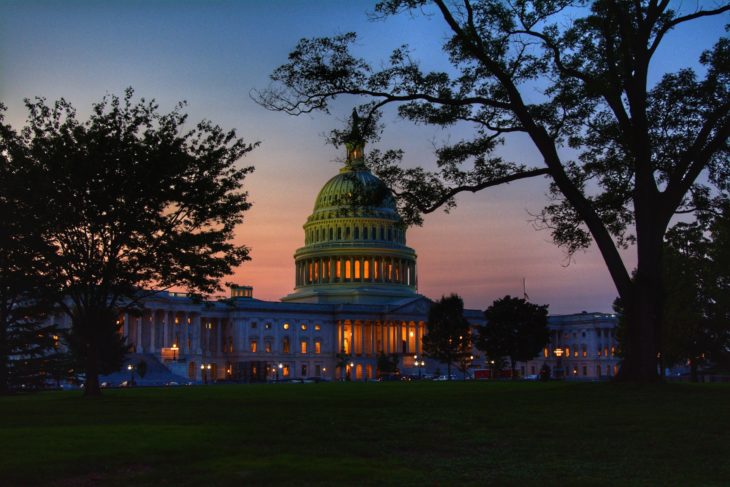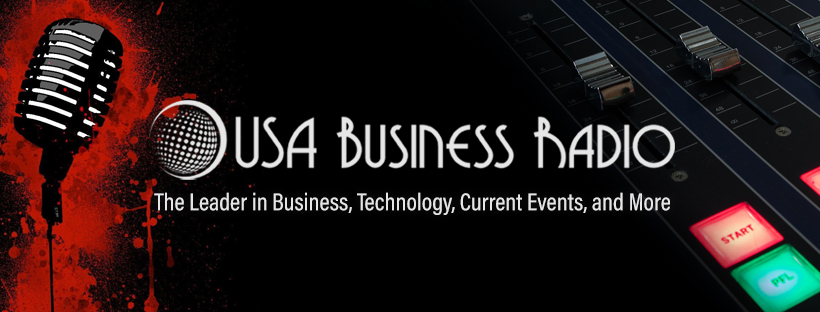Reading Time: 2 minutes
INTERVIEW ON THE PRICE OF BUSINESS SHOW, MEDIA PARTNER OF THIS SITE.
Recently Kevin Price, Host of the nationally syndicated Price of Business Show, interviewed Casey Mulligan, Former Chief Economist of the White House Council of Economic Advisers (2018-19).
In recent years, the United States government has repeatedly failed to pass a budget, forcing Congress to raise the debt limit in order to continue funding government operations. This practice has become increasingly common, and it has significant implications for policy makers and Members of Congress.
At its core, the debt limit is a critical tool for ensuring that the government maintains fiscal discipline. By requiring Congress to periodically revisit the issue of how much money the government can borrow, the debt limit provides a necessary big picture view of the government’s financial situation. This, in turn, enables policy makers to make informed decisions about spending and taxation, and helps to prevent the government from accruing unsustainable levels of debt.
Unfortunately, in recent years, the process of raising the debt limit has become increasingly politicized. Members of Congress have used the issue as a bargaining chip, leveraging the threat of a government shutdown or debt default in order to extract policy concessions from their opponents. This has led to a cycle of brinksmanship that can be incredibly damaging for the economy and for the government’s reputation.
Despite these challenges, however, it is important to recognize that the debt limit remains a critical tool for ensuring responsible fiscal policy. President Biden’s recent suggestion that the debt limit should no longer be raised is incredibly dangerous, and could have serious consequences for the country’s financial stability. By eliminating the need for periodic review and reassessment of the government’s borrowing capacity, President Biden’s proposal would remove an important check on government spending, potentially leading to unsustainable debt levels and a weakening of the economy.
Ultimately, the debt limit is an important tool that should be used responsibly by policy makers and Members of Congress. While it can be tempting to use it as a political bargaining chip, doing so risks serious consequences for the country’s fiscal health. Instead, we should work to ensure that the debt limit remains an effective and necessary component of responsible fiscal policy.
According to the NY Times, “Mulligan is affiliated with a number of professional organizations, including the National Bureau of Economic Research, the George J. Stigler Center for the Study of the Economy and the State, and the Population Research Center. He is also the recipient of numerous awards and fellowships, including those from the National Science Foundation, the Alfred P. Sloan Foundation, the Smith- Richardson Foundation, and the John M. Olin Foundation.
“Professor Mulligan received his Ph.D. in economics from the University of Chicago in 1993. He has also served as a visiting professor teaching public economics at Harvard University, Clemson University, and Irving B. Harris Graduate School of Public Policy Studies at the University of Chicago.”
LISTEN TO THE INTERVIEW IN ITS ENTIRETY HERE









